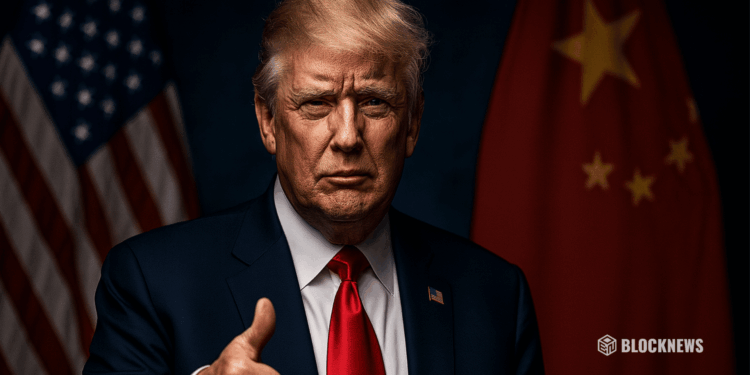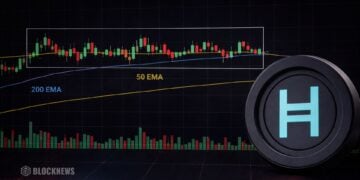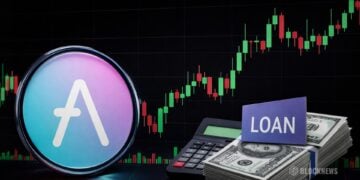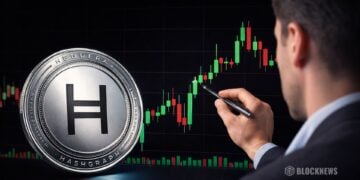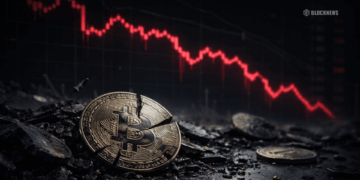- Trump admitted his 100% tariffs on China aren’t economically sustainable but blames Beijing for forcing his hand.
- He plans to meet Chinese President Xi Jinping in two weeks amid tense but ongoing trade talks.
- Markets steadied slightly after his remarks, as both nations prepare for new negotiations.
U.S. President Donald Trump admitted that his proposed 100% tariffs on Chinese imports aren’t sustainable in the long run, but he pinned the blame squarely on Beijing for pushing the trade relationship to this point. The strain began when China tightened its grip on rare earth exports, a move that hit at the core of America’s tech supply chain. Asked directly if such steep tariffs could hold, Trump replied bluntly, “It’s not sustainable, but that’s what the number is,” before adding that China had “forced me to do that.”
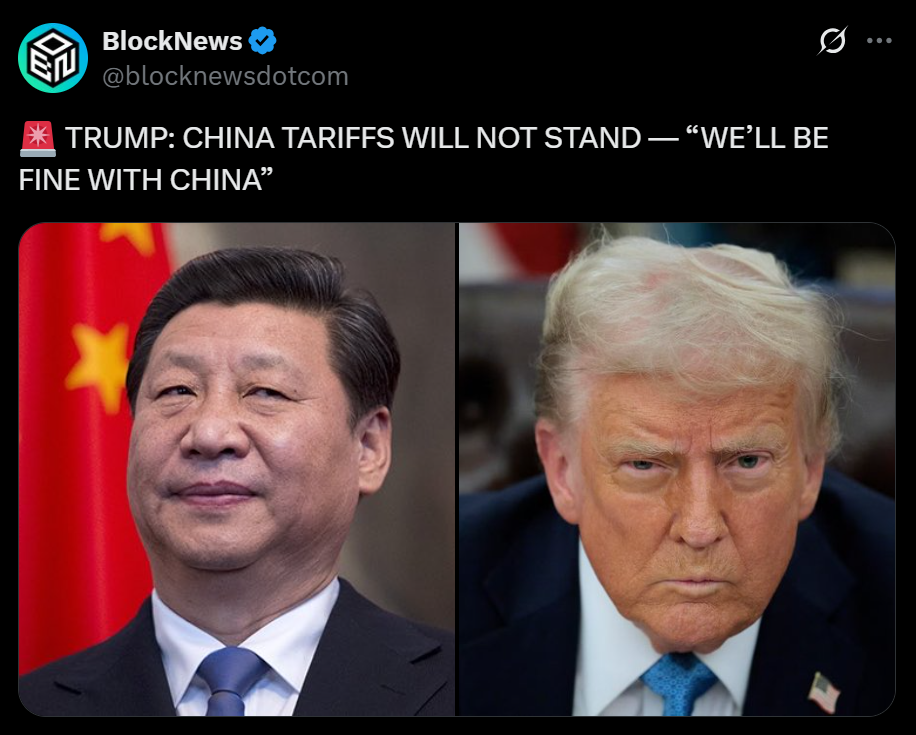
Escalation and Control
A week earlier, Trump announced the new 100% levies on Chinese goods heading to the U.S., alongside fresh export controls set to take effect November 1. The restrictions would target “any and all critical software,” coming just days before a previous tariff relief window was due to close. The decision was triggered by Beijing’s dramatic expansion of export limits on rare earth materials — resources vital to industries from defense to electric vehicles. “I think we’re going to be fine with China,” Trump told Fox Business, “but we need a fair deal. It’s got to be fair.”
A Meeting Still on Track
Despite the fiery rhetoric, Trump confirmed he still plans to meet Chinese President Xi Jinping in two weeks during a scheduled visit to South Korea. The meeting, which he’d earlier cast doubt on, now appears to be back on track. The U.S. president even expressed a degree of respect for Xi, calling him “a strong leader.” The shift in tone seemed to calm investors a bit, with Wall Street recovering some of its early losses after a rocky week fueled by tariff fears and anxiety in regional banking stocks.
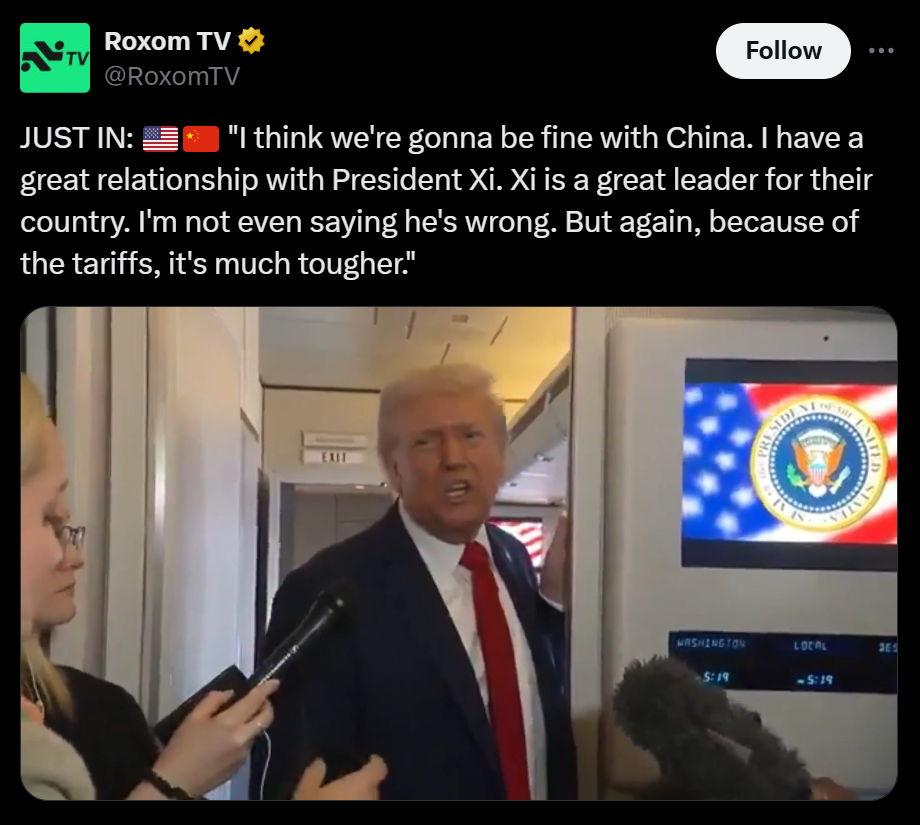
Talks and Tensions Ahead
Meanwhile, signs of a thaw may already be showing. Reports say U.S. Treasury Secretary Scott Bessent and China’s Vice Premier He Lifeng are expected to speak by phone Friday to continue trade negotiations, though no exact time was shared. The dialogue comes just days after Bessent accused one of He’s top aides of being “unhinged” in talks — a claim swiftly rejected by Beijing. Whether these exchanges lead to real progress or just another round of headlines remains to be seen.


